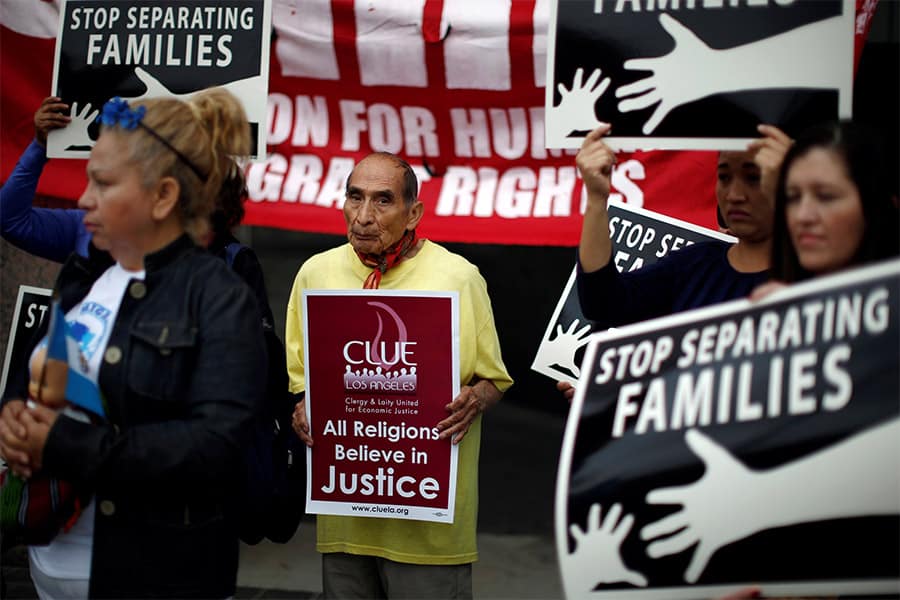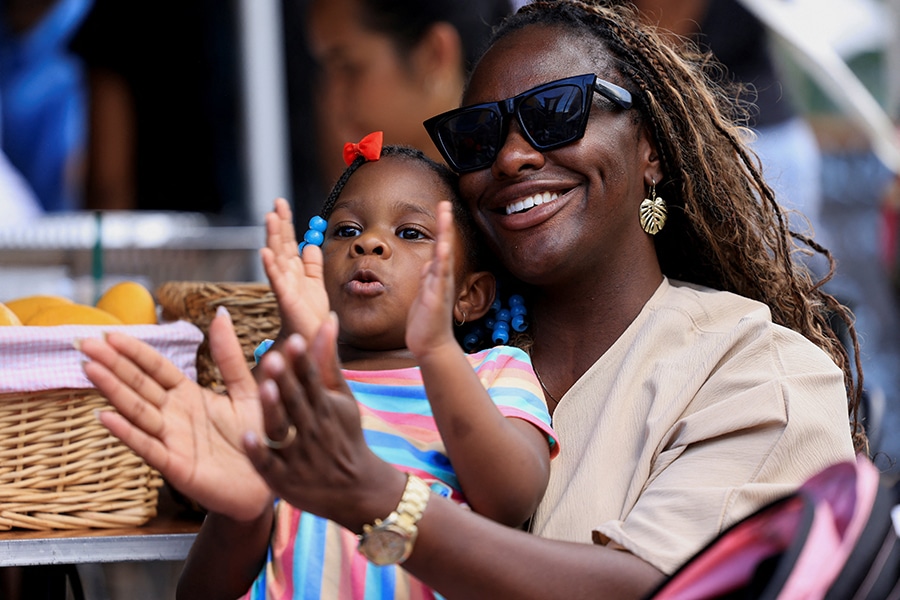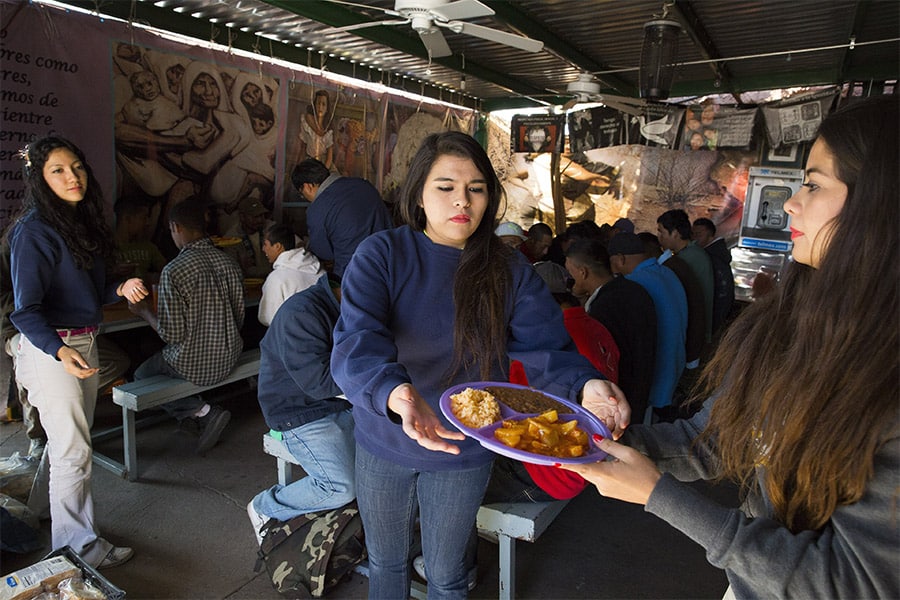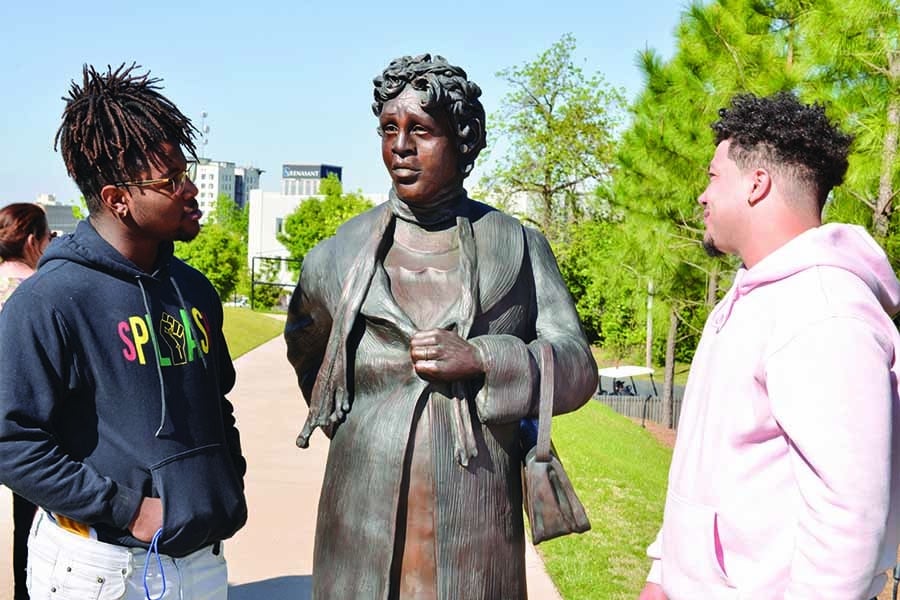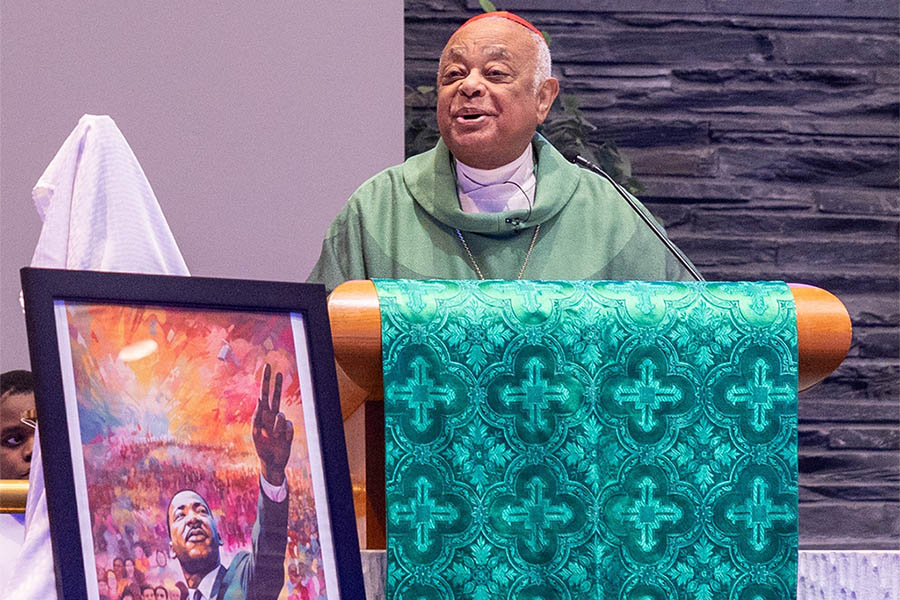A little more than 60 years ago — March 7, 1965 — approximately 600 peaceful demonstrators approached the foot of the Edmund Pettus Bridge in Selma, Ala. They had begun their procession less than a mile away at the Brown Chapel A.M.E. Church, intending to march a 54-mile route to Montgomery, the state capital.
Their goal was to register Black Southern voters — and what happened next would secure the Voting Rights Act of 1965.
As the crowd crested the middle of the bridge, an intimidating sight awaited them — a phalanx of armed sheriff’s deputies and state troopers. Within minutes, they rushed the marchers.

The resulting brutal images — flailing nightsticks smashing into unresisting bodies; billowing clouds of tear gas burning eyes and throats; biting dogs tearing clothes and flesh — were beamed to stunned television viewers across America, as the Civil Rights struggle suddenly became a bloody, broadcasted reality.
A week later, on March 15 — after President Lyndon B. Johnson delivered “The American Promise” speech to Congress — voting rights legislation was introduced to ban race-based voting restrictions and authorize federal oversight, ensuring states followed the 15th Amendment’s guarantee that the right to vote not be denied on account of race.
Johnson signed the Voting Rights Act into law Aug. 6, 1965, surrounded by many Civil Rights leaders — including the Rev. Dr. Martin Luther King Jr. and Rosa Parks — who had fought so hard for its passage.
Father Robert Boxie III — chaplain at Howard University and priest-in-residence at Immaculate Conception Catholic Church in Washington — took a Catholic Extension-sponsored pilgrimage to Selma in October 2024.
He told OSV News he found the pilgrimage “eye-opening and beautiful and wonderful and frustrating and angering, all at the same time. It was kind of a wide range of emotions.”
Father Boxie noted that racial and economic disparities still exist there.
“I feel like everyone goes down to Selma and takes their photo shoot on the bridge,” he explained. “For a long time, I thought — because of all the popularity and notoriety — there was opportunity and development there, but there really isn’t. Everyone goes for the photo op, and then leaves.”
Father Boxie was also amazed to find the city still largely segregated.
“It’s unbelievable,” he said. “But I guess the thing I was encouraged by was the fact that the mission of the church still continues there.”
The Edmundite Missions, which have since 1937 ministered to African Americans in the Deep South, offer social services to Selma, including job training through their Center for Workforce Development.
“One of the directors of the center mentioned that the local Catholic church in town is the most integrated house of worship in the entire town of Selma,” Father Boxie shared.

On a national scale, Father Boxie expressed concern about the Trump administration’s efforts to eliminate what are known as DEI (diversity, equity, and inclusion) initiatives in America through executive orders.
Three were signed in the first few days of the second Trump term, with the administration calling DEI initiatives “illegal and immoral discrimination programs.”
“In a lot of ways we have made great progress, but in so many ways, I feel like we’re regressing,” Father Boxie said. “It’s really frustrating — especially this moment that we’re living in. The attacks on ‘DEI’ — I don’t even know what that means anymore. It’s a term that’s been hijacked. It means a lot of things to a lot of different people.”
Father Boxie offered his own definition rooted in the church’s teaching.
“I think at its core, it’s what America is all about. We are a diverse nation with people from all over the world. Diversity is a good thing. Diversity is of God,” he said. “And the fact that it’s been turned into something negative — or something that should be avoided or not talked about — just flies in the face of who we are as Americans.”
“So much of our history has been exclusive, especially when it comes to race,” said Father Boxie. “And it’s just un-American; it’s un-Christian; it’s anti-Catholic.”
According to the church’s teaching in the Catechism of the Catholic Church, “The equality of men rests essentially on their dignity as persons and the rights that flow from it: Every form of social or cultural discrimination in fundamental personal rights on the grounds of sex, race, color, social conditions, language, or religion must be curbed and eradicated as incompatible with God’s design.”
Shannen Dee Williams — an associate professor of history at the University of Dayton, Ohio, and author of “Subversive Habits: Black Catholic Nuns in the Long African American Freedom Struggle” (Duke University Press) — spoke with OSV News and bracketed the 60th anniversary of the Voting Rights Act with historical context.
“In the United States, voting rights are inextricably linked to citizenship rights. One must be a U.S. citizen to vote in a U.S. election. For Black Americans,” Williams said, “especially the descendants of the enslaved people whose lives, labors, sufferings and centuries-long exploitation literally built the nation, the passage of the Voting Rights Act of 1965 was the culmination of a long African American struggle for freedom, citizenship and democracy in a nation too long dictated by enslavers’ and segregationists’ economic interests and inequitable electoral dominance.”
Williams noted Roger Taney, the first Catholic U.S. Supreme Court justice, infamously declared in the 1857 Dred Scott decision that Black people “had no rights which the White man was bound to respect.”
In spite of Taney, the 13th, 14th and 15th Amendments to the Constitution would later abolish slavery, establish birthright citizenship inclusive of Black men and women formerly under slavery and their descendants, and grant Black men the right to vote. (Women did not get the right to vote until the 19th Amendment was ratified in 1920.)
Nonetheless, voting challenges remain.
Williams referenced the U.S. Supreme Court’s “gutting” of Sections 4b and 5 of the Voting Rights Act in 2013’s Shelby County v. Holder, which invalidated key provisions of the 1965 Voting Rights Act, impacting voting rights and legislation. She argued the U.S. was seeing a “coordinated assault” on birthright citizenship and “anti-democratic” efforts to redraw electoral district boundaries.
In an Aug. 1 order, the Supreme Court said it wanted briefs on whether the state of Louisiana’s “intentional creation of a second majority-minority congressional district violates the Fourteenth or Fifteenth Amendments to the U. S. Constitution.” Black Louisianans make up a third of the state’s population, but currently only have one congressional district out of six where Black voters make up the majority.
Williams was critical of these developments, arguing that in her view, they reinforce Confederate revanchist thinking and “suppress the moral clarity of the clear majority of Black voters.”
While Auxiliary Bishop Roy E. Campbell Jr. of Washington, president of the National Black Catholic Congress, was too young to vote when the Voting Rights Act became law, he remembers family reactions.
“When it was passed, I could hear my aunts and uncles talking,” Bishop Campbell recalled, “sort of like, ‘It’s about time that prior amendments — the 14th and 15th Amendments of the Constitution that said all citizens have the right to vote — be enforced.'”
Like Father Boxie, Bishop Campbell said he has experienced racism: “It’s the thing you’re not allowed to do; the things that you’re questioned about, when others are not questioned; the extra steps you have to go through to have the same thing that another doesn’t give a second thought to.” And he too has contemporary concerns about racial justice.
“How we treat others today will say how well we believe in racial equality and social equality, in economic equality, and in educational equality,” he said. “And when we have an administration that says, ‘We don’t want, we don’t need and we cannot have diversity, equity and inclusion’ — well, we’re taking a step backward. We’ll take more than one step backward.”
While the Voting Rights Act of 1965 improved some things, Bishop Campbell said, it certainly didn’t change everything.
“All we have to do is look back five years ago — what came to the forefront with George Floyd, and the way he was treated,” said Bishop Campbell. “And so in witnessing to that, the church not only has to make proclamations and statements, but they have to do something.”
Bishop Campbell noted the strong presence and witness of Catholic clergy and religious during the Civil Rights era.
“If you look at pictures — especially Dr. King and those closest to him at the marches — you see Catholic priests marching alongside of him. That,” declared Bishop Campbell, “has to happen again.”
Read More Racial Justice
Copyright © 2025 OSV News


